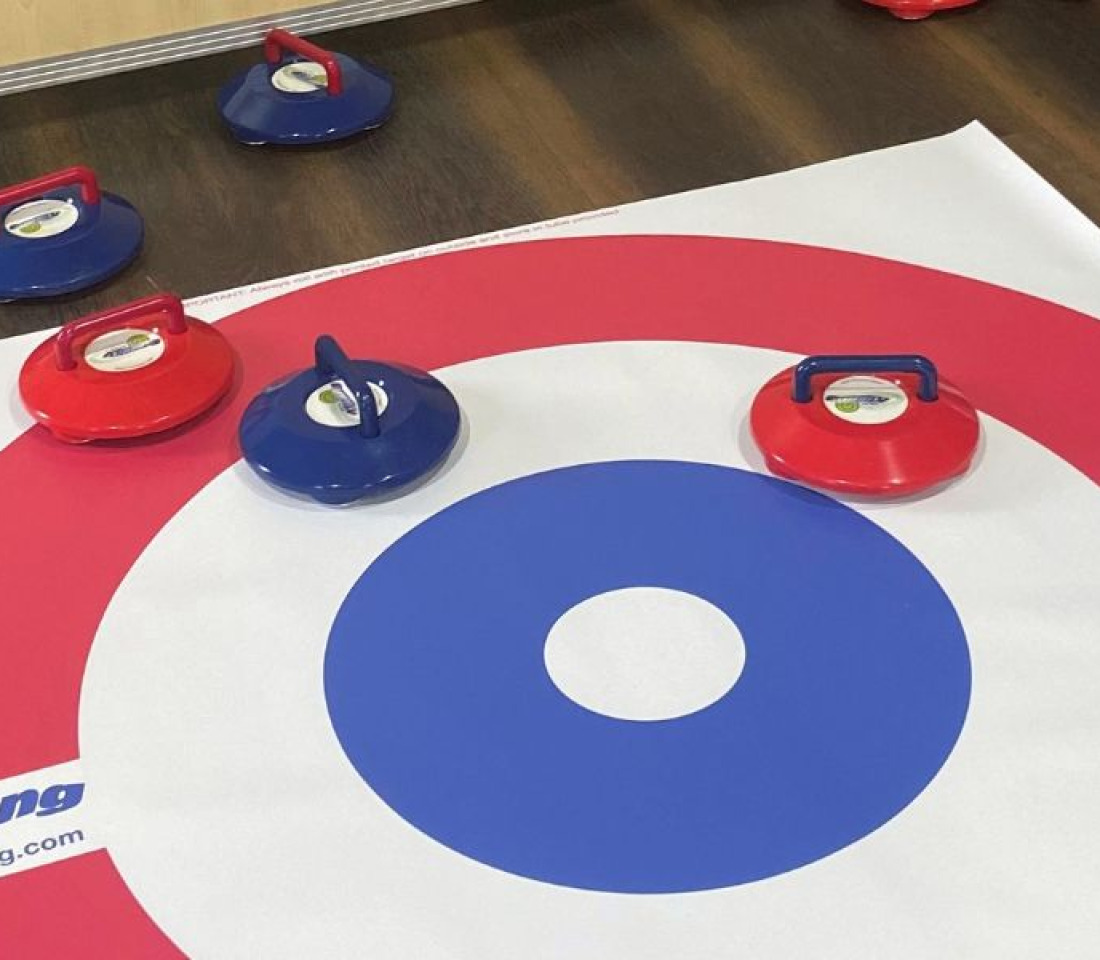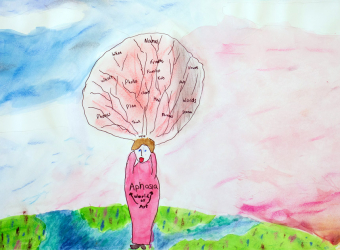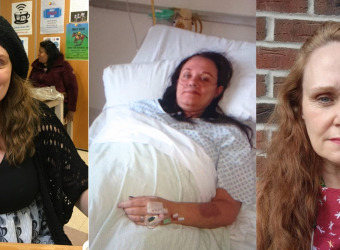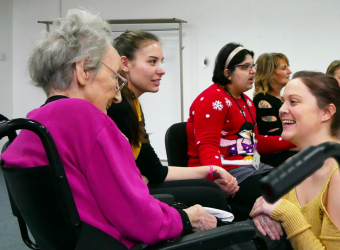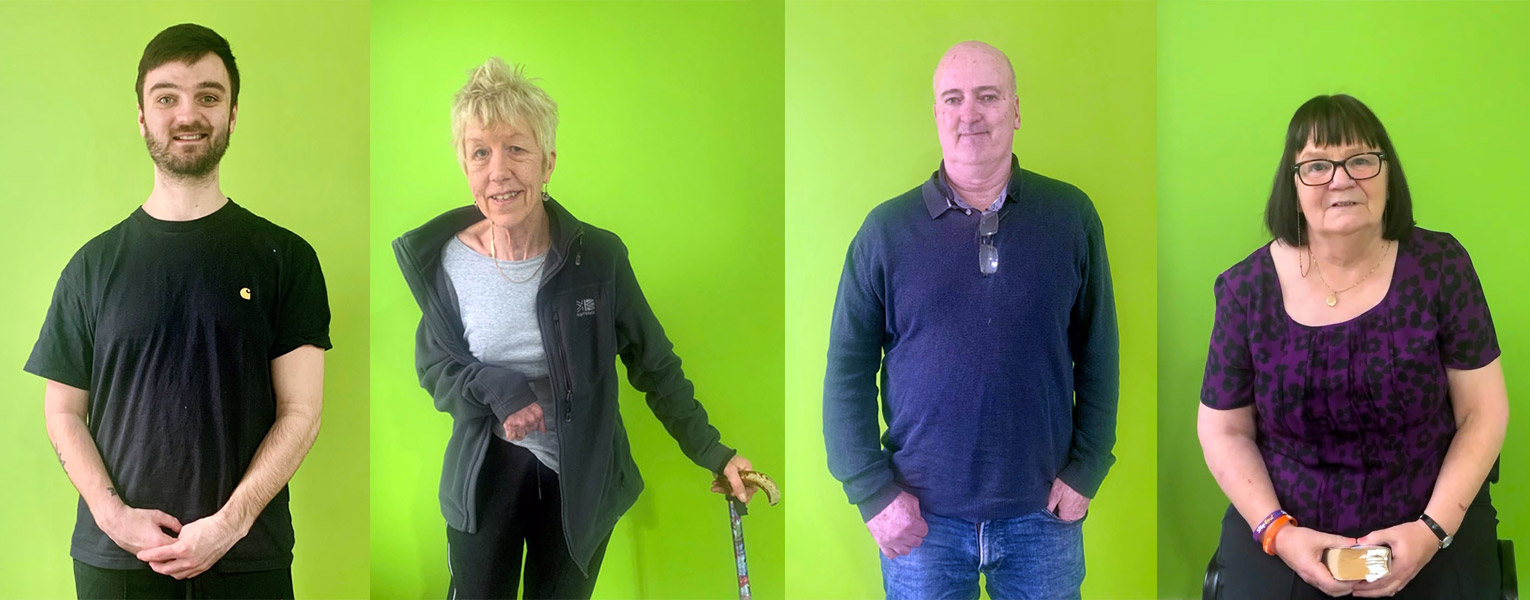
“I’m more like my old self”: How speech and language therapy and neuroplasticity helped four people with aphasia communicate again
Aphasia affects 1 in 3 stroke survivors – more than 250,000 people across the UK
Four people with aphasia have become more able to communicate thanks to speech and language therapy funded by The Brain Charity.
Rose, Dominick, Julia and Phil have shared their experiences after working with a speech and language therapist to National Lottery Awards for All funding.
What causes aphasia
Aphasia instantly removes people’s ability to communicate – affecting speech, reading, writing and understanding of language.
The life-changing condition usually occurs when the left side of the brain is damaged, most commonly after a stroke.
There are five types of aphasia; Broca’s aphasia (also known as non-fluent or expressive aphasia), Wernicke’s aphasia (also known as fluent aphasia), anomic aphasia, global aphasia and primary progressive aphasia.
The condition affects 1 in 3 stroke survivors – more than 250,000 people across the UK.
Aphasia can leave people feeling frustrated and isolated if they can no long speak as fluently or communicate as clearly as they did before.
How is aphasia treated
Specialist speech and language therapy (SALT) can help people with aphasia regain their confidence and improve their ability to communicate.
SALT ‘rewires’ the brain to improve speaking, reading, writing and language understanding, using neuroplasticity – the brain’s ability to find new routes after injury or damage.
Speech and language therapist Kellyann Lea provided SALT sessions for Brain Charity clients Rose, Dominick, Julia and Phil.
They each received a full assessment of their needs and set their own goals. Afterwards, they were assessed on their self-esteem in comparison to at the beginning of the process – with the therapy having a hugely positive impact.
Non-fluent aphasia after a stroke
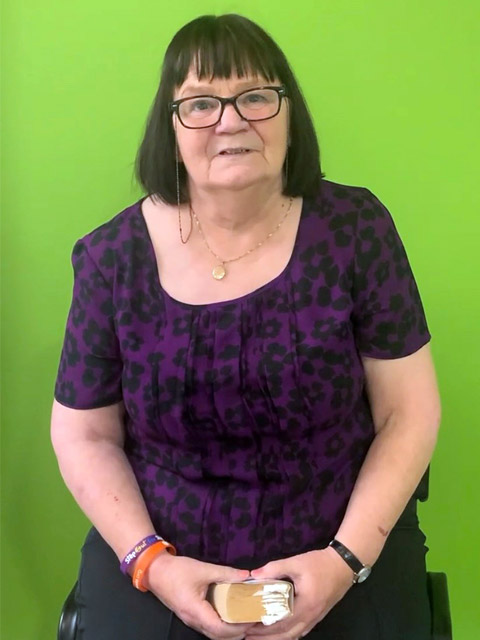
Rose had a stroke seven and a half years ago which left her with hesitant speech and difficulty finding words.
She wanted to improve her confidence communicating due to her role as a volunteer in The Brain Food Café.
After five sessions, Rose was filmed speaking in a nine-minute interview, sharing her experiences of aphasia and encouraging others with aphasia to come to The Brain Charity for support.
She said: “I can’t quite express the gratitude I have. Now I know I can talk to anyone! This has really worked and people are understanding me.”
Brain aneurysm and aphasia
Following a brain aneurysm in August 2021, Dominick was diagnosed with verbal dyspraxia, dysarthria and non-fluent aphasia.
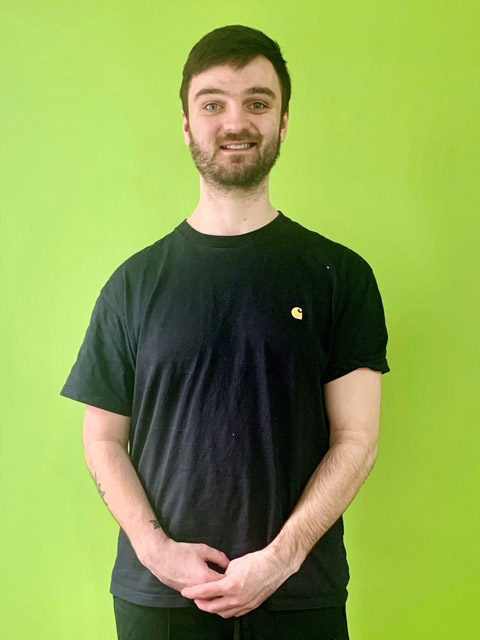
This meant he struggled with producing some sounds, retrieving language and unclear speech.
After his sessions with Kellyann, he felt better understood and less frustrated and trapped by his speech difficulties.
He said: “I couldn’t pronounce a lot of words when I first came to The Brain Charity and when I was speaking I sounded like a robot. I’ve developed my accent back now too.
“All round, I’m more like my old self.”
How aphasia affects grammar
Julia had a stroke 19 years ago which left her with non-fluent aphasia, meaning that she was not able to include grammar in her speech.
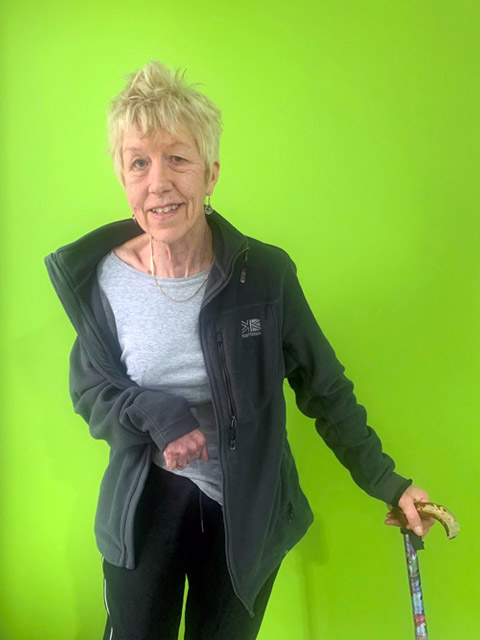
She wanted to work on better understanding and expressing grammar and structuring sentences.
After the therapy, Julia no longer reported feelings of anger and frustration around speech as she did before her treatment.
Julia’s brother said: “The exercises made Julia feel more positive about speech and language, where before she was very hard on herself.
“Taking time to improve this mindset has built Julia’s confidence and been very beneficial.”
Aphasia and language
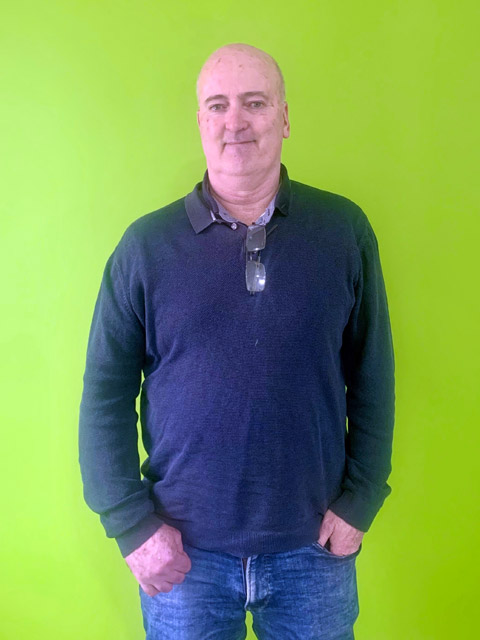
Phil had a stroke in 2018 which had caused aphasia affecting all aspects of language. He wanted to work on writing, reading comprehension, numeracy and improved speech expressions with Kellyann.
Phil said: “Speech therapy is good for me. I am understanding verbs, nouns and pronouns and they are starting to make sense. I am able to see my progress clearly.”
After his SALT sessions, Phil felt more understood by others and less angry – as well as more optimistic about his communication.
Aphasia affects everyone differently – and has been impacted by the pandemic
With social isolation so common amongst people living with neurological conditions, improving their speech and language can help them build strong relationships.
The Brain Charity identified the need for SALT after many clients told us the lack of practice caused by months of speaking to far fewer people than normal during the COVID-19 lockdowns had taken a significant toll on their ability to communicate.
Kellyann said: “The experiences of Rose, Dominick, Julia and Phil demonstrate how every person’s individual communication difficulties are as unique as they are.
“No two cerevascular accidents or strokes are the same, nor do they lead to the same level of language disability.
“These stories teach us about the nature of communication difficulties post-stroke, and the potential impact a small amount of SALT can have on an individual.”
Nanette Mellor, CEO at The Brain Charity, said SALT is vital to support people with aphasia, as the emotional and mental health aspects of the condition can be huge.
She added: “Feeling frustrated and literally voiceless in society is common. For many day-to-day activities, talking is how we communicate and if you can’t speak, simple tasks like going to a shop or Post Office or getting a bus can become very difficult.
“There is also the financial and economic impact – loss of employment is a massive factor, people who have experienced aphasia may feel they can no longer work, or face losing their jobs.
“At The Brain Charity, we would love to be able to employ a full time speech and language therapist to support those who are most in need, as we have seen first-hand the hugely positive impact SALT can have on people with aphasia’s lives.
“We hope there are more donors out there who can provide further sessions.
“We also are hoping to find funding which will enable us to produce some online tools for people which integrate music and SALT for people with aphasia.”
Categories: Fundraising, News, Real life stories
Published: 15 March 2022

